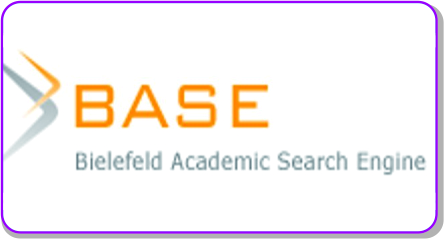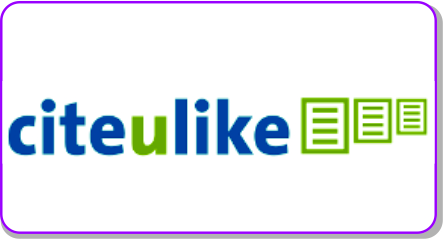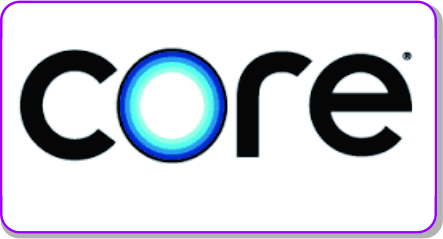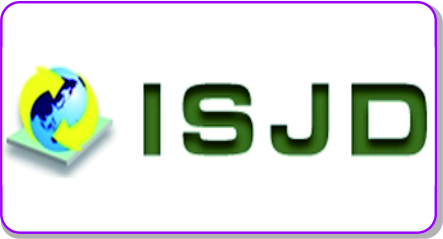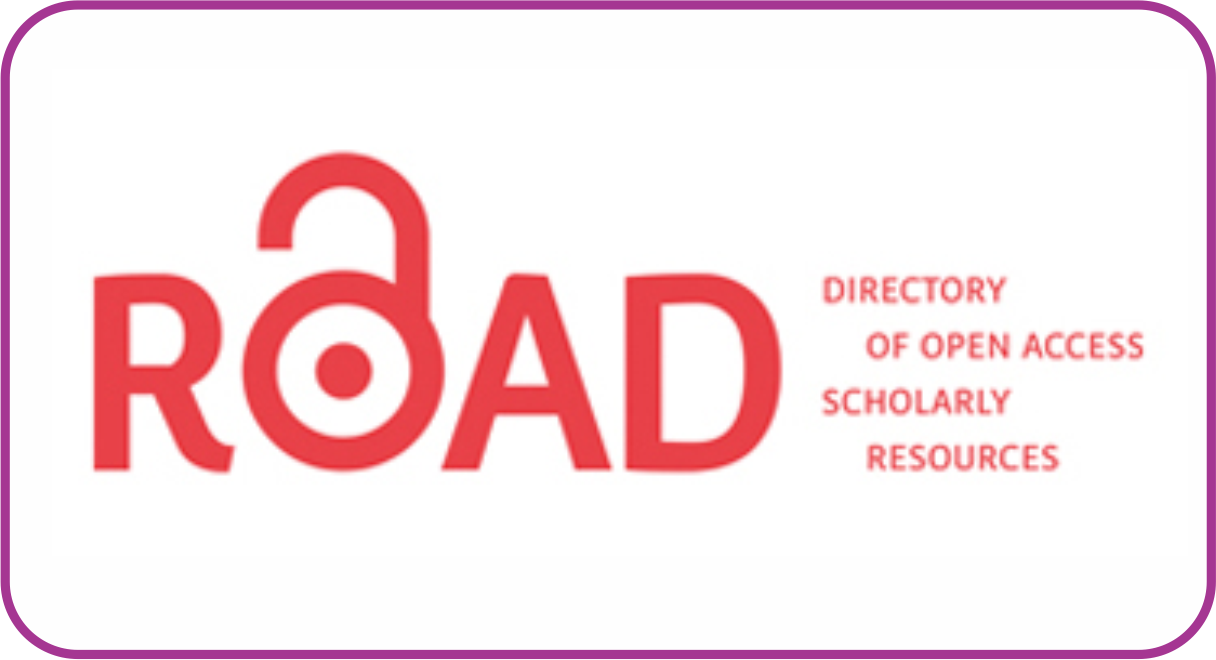Promoting The Learning Quality of Islamic Elementery School Through Constructive - Inovative Model
DOI:
https://doi.org/10.30983/educative.v4i2.1074Keywords:
learning, constructive-innovative, modelAbstract
Learning is interpreted as a process of obtaining behavioral changes as a result of getting knowledge and experience in doing interaction with the environment. The problem found in Islamic Elementery School 1 Pasaman (MIN 1 Pasaman) was the way the teacher tought the students and the teacher never create the innovative environment to make the students to be able to construct their ideas in learning. The teachers were still not familiar with the name and the application of constructive innovative learning models in order to create the fun learning for the students. The situation impacts to the student’s development and achievement during teaching and learning process. It leads the team to do the community service research to the application of constructive - innovative models to improve the quality of teaching and learning in MIN 1 Pasaman. The result of this community service shown that the teachers already able to comprehend the constructive -inovative learning model in teaching and learning process, and the teacher can apply various types of learning model as well as able to design a good lesson plan about constructive and innovative model in the classroom.
Belajar diartikan sebagai proses perubahan perilaku sebagai hasil dari mendapatkan pengetahuan dan pengalaman dalam melakukan interaksi dengan lingkungan. Masalah yang ditemukan di Madrasah Ibtidaiyah 1 Pasaman (MIN 1 Pasaman) adalah cara guru mengajar siswa dan guru tidak pernah menciptakan lingkungan belajar yang inovatif untuk membuat siswa dapat membangun ide-ide mereka dalam belajar. Para guru masih belum tahu dengan nama dan juga cara menerapkan dengan model pembelajaran konstruktif- inovatif agar pembelajaran menyenangkan bagi siswa. Situasi ini berdampak pada perkembangan dan prestasi siswa selama proses belajar mengajar. Keadaan ini mengarahkan tim untuk melakukan penelitian pengabdian masyarakat pada penerapan model inovatif - konstruktif untuk meningkatkan kualitas pengajaran dan pembelajaran di MIN 1 Pasaman. Hasil pengabdian masyarakat ini menunjukkan bahwa para guru sudah mampu memahami model pembelajaran konstruktif-inovatif dalam proses belajar mengajar, dan guru dapat menerapkan berbagai jenis model pembelajaran yang konstruktif serta mampu merancang rencana pembelajaran yang konstruktif dan inovatif di kelas.
Kata Kunci: pembelajaran, konstruktif- innovative, model
References
Baharuddin, Esa Nur Wahyuni, Teori Belajar Dan Pembelajaran (Yogyakarta: Ar-Ruz Media, 2007)
Collins, A., Portfolio For Science Education: Issu in Purpose, Structure and Authenticity. (Science Education., 1992)
Hamalik, Oemar, Proses Belajar Mengajar, Jakarta (Jakarta: Bumi Aksara, 2008)
Jenkins, ‘Implementing Service Learning in Special Education Coursework: What We Learned.’, Education, Vol. 129, (2009)
Nasional, Departemen Pendidikan, Peraturan Menteri Pendidikan Nasional No. 22 Tentang Standar Isi Tahun 2006 (Jakarta, 2006)
Nasution, S, Asas-Asas Kurikulum (Jakarta: Bumi Aksara, 2011)
De Porter, B. & Hemacki, M., Quantum Learning Membiasakan Belajar Nyaman Dan Menyenangkan (Bandung: Kaifa, 2001)
Sanjaya, Wina, Strategi Pembelajaran, Jakarta : Kencana Prenada Media Group (Jakarta: Kencana Prenada Media Group, 2010)
Service-Learning., Academic, ‘Sturzl Center for Community Service & Learning. Academic Service-Learning. Faculty Handbook, t.Th.’, in Faculty Handbook, t.Th.
Sufairoh, ‘No TitlePendekatan Saintifik & Model Pembelajaran K-13’, Jurnal Pendidikan Profesional, Volume 5 N (2016), 116
Syamshudduha, ‘Penerapan Service Learning Dalam Pembelajaran Matakuliah Pedagogik Pada Kurikulum Pendidikan Calon Guru’, Lentera Pendidikan, 20 no (2017), 1–17
St. Syamsudduha, Nurjannah Yunus Tekeng, ‘Penerapan Service Learning Dalam Pembelajaran Matakuliah Pedagogik Pada Kurikulum Pendidikan Calon Guru’, Lentera Pendidikan, 2017, 1–17
Trianto, Model-Model Pembelajaran Inovatif Berorientasi Konstruktivistik (Jakarta: Prestasi Pustaka, 2007)
Wardoyo, Sigit Mangun, ‘Pembelajaran Konstruktivisme’ (Bandung: Alfabeta, 2013)
Yamin, Moh, No TitlePanduan Manajemen Mutu Kurikulum Pendidikan, Panduan Lengkap Tata Kelola Kurikulum Efektif (Yogyakarta: DIVA Press, 2012)
Ridianto, Ridianto, ‘Teaching Reading By Using Paragraph Shrinking Strategy’, Journal Educative : Journal of Educational Studies, 3.2 (2018), 174 https://doi.org/10.30983/educative.v3i2.546
Roza, V., and S. Genta, ‘Expert Appraisal on Islamic Textual Enhancement Grammar Book Designed for Grammar Teaching at IAIN Bukittinggi’, Jurnal Educative: Journal of Educational Studies, 3.2 (2018), 150–65
Downloads
Additional Files
Submitted
Accepted
Published
Issue
Section
License
Authors who publish with this journal agree to the following terms:
1. Authors retain copyright and grant the journal right of first publication with the work simultaneously licensed under a Creative Commons Attribution License that allows others to share the work with an acknowledgment of the work's authorship and initial publication in this journal.
2. Authors are able to enter into separate, additional contractual arrangements for the non-exclusive distribution of the journal's published version of the work (e.g., post it to an institutional repository or publish it in a book), with an acknowledgment of its initial publication in this journal.
3. Authors are permitted and encouraged to post their work online (e.g., in institutional repositories or on their website) prior to and during the submission process, as it can lead to productive exchanges, as well as earlier and greater citation of published work (See The Effect of Open Access).





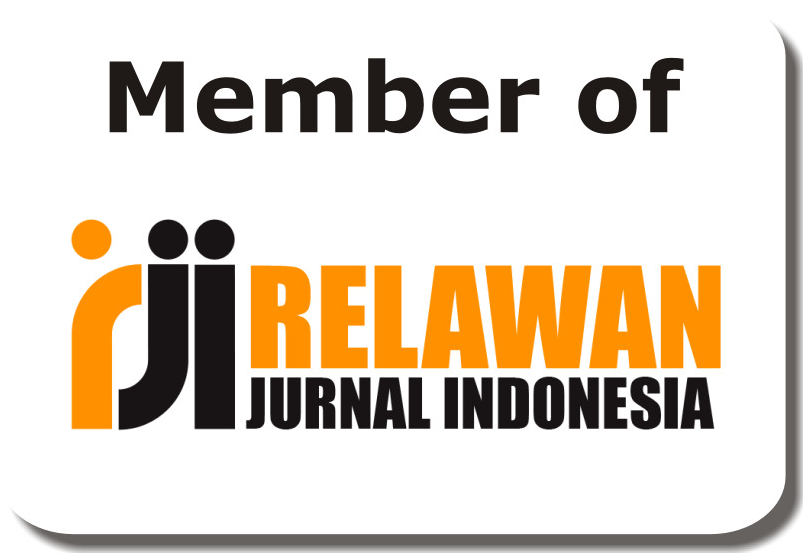


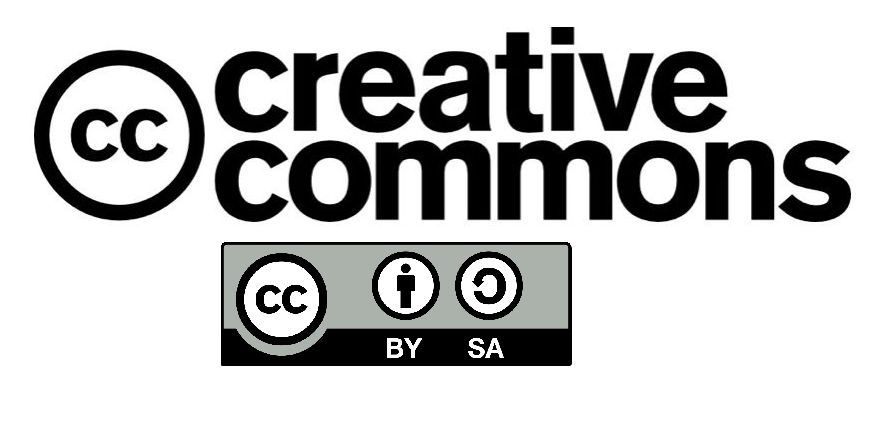


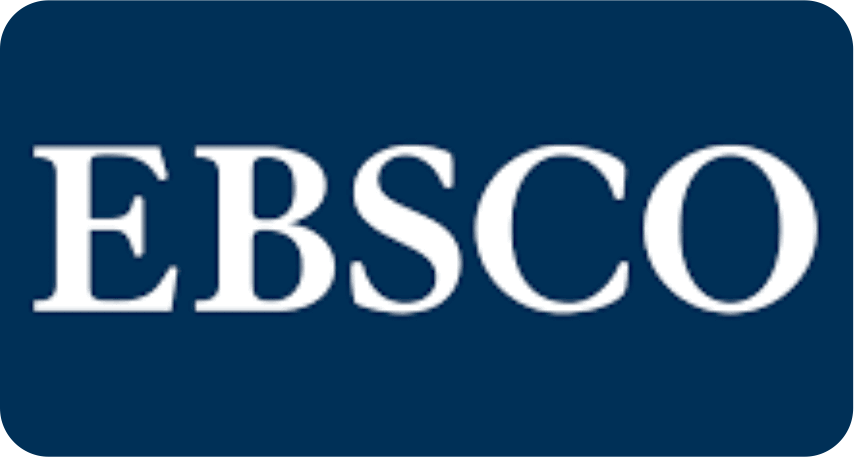






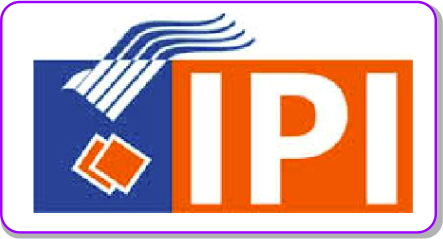 Â
 
